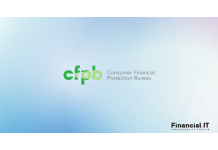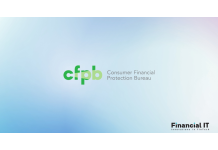ClearScore Embeds Automated Debt Repayment Technology...
- 14.01.2026 09:05 am
Consumer Financial Protection Bureau And the...
- 12.01.2026 12:55 pm
Pluto Launches an AI-Powered Lending Platform to...
- 07.01.2026 01:45 pm
Creditspring Surpasses 1.7 Million Loans And £715...
- 18.12.2025 07:45 am
Mastercard and LoanPro Announce Partnership To...
- 17.12.2025 09:05 am
MANTL Partners With Method Financial To Modernize Loan...
- 17.12.2025 08:55 am
Finastra’s User Connect 2025 Highlights Modern Lending...
- 17.12.2025 08:35 am
Equifax Offers Comprehensive Suite of Solutions to...
- 16.12.2025 10:00 am
Agencies Announce Dollar Thresholds for Applicability...
- 16.12.2025 08:45 am
Eltropy Launches E-Notary to Enable Same-Day Loan...
- 15.12.2025 08:15 am
martini.ai Launches Voice Typing For Real-Time Credit...
- 12.12.2025 08:40 am
Simply Asset Finance Hits £2Bn Loan Origination...
- 11.12.2025 08:55 am






















